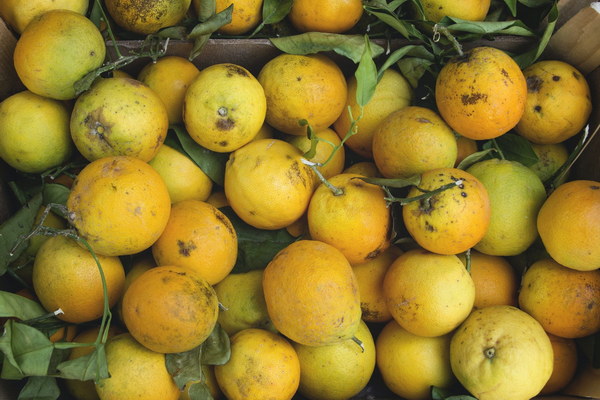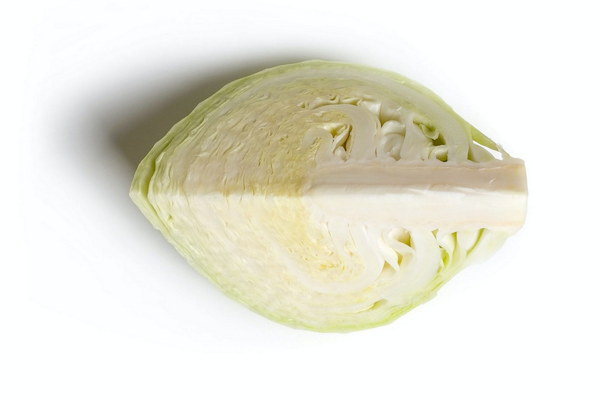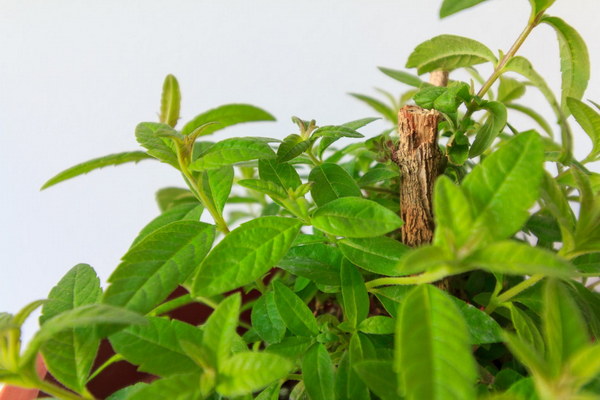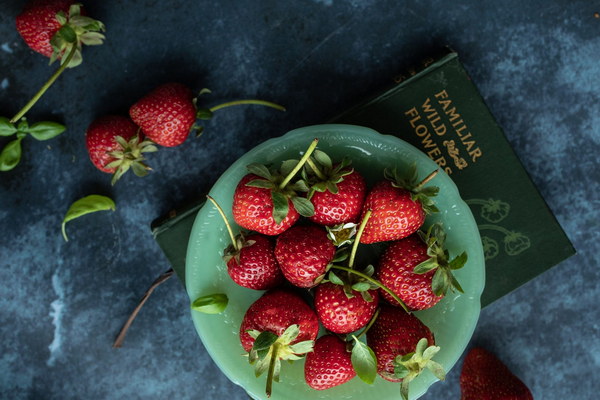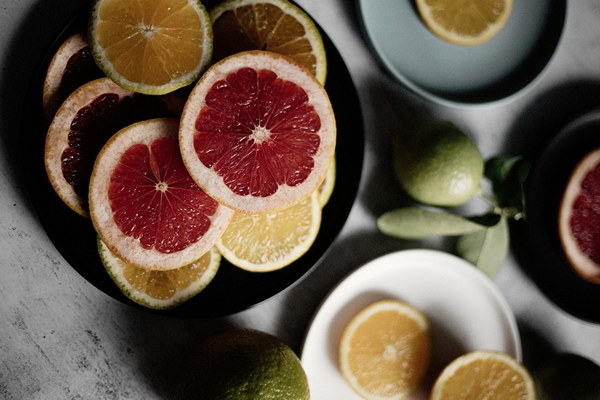Unblocking the Path Is It Better to Eliminate Dampness or Excrete It
In the realm of traditional Chinese medicine, the concept of dampness is a prevalent pathogen that can lead to a myriad of health issues. The debate between eliminating dampness and excreting dampness has been a topic of much discussion. This article aims to explore the differences between these two approaches and determine which one is more effective in combating dampness-related ailments.
Firstly, let's understand what dampness is. In traditional Chinese medicine, dampness refers to an excess of moisture within the body, which can be caused by various factors such as poor diet, excessive drinking, or living in a damp environment. Dampness can disrupt the body's balance, leading to symptoms such as fatigue, weight gain, bloating, and digestive issues.
Now, let's delve into the two methods of tackling dampness: eliminating dampness and excreting dampness.
Eliminating dampness involves using herbs or treatments that help to expel dampness from the body. This approach focuses on drying up the dampness, thereby restoring balance. Herbs commonly used for eliminating dampness include Atractylodes macrocephala, Poria cocos, and Alisma orientale. These herbs have drying properties that help to expel dampness from the body, thereby alleviating symptoms such as fatigue and bloating.
On the other hand, excreting dampness involves using herbs or treatments that promote the elimination of dampness through urination and bowel movements. This approach aims to increase the body's ability to expel dampness through these channels. Herbs commonly used for excreting dampness include Phellodendron amurense, Atractylodes lancea, and Coptis chinensis. These herbs have diuretic and laxative properties that help to expel dampness from the body, thereby improving digestion and reducing bloating.
So, which method is better? The answer depends on the individual's specific condition and the severity of their dampness-related symptoms.
Eliminating dampness is generally more suitable for individuals with dampness in the middle burner, which is the area in Chinese medicine that includes the stomach and spleen. This approach is effective in alleviating symptoms such as fatigue, bloating, and weight gain. However, eliminating dampness may not be as effective in cases where dampness is primarily affecting the lower burner, which includes the kidneys and bladder.
Excreting dampness, on the other hand, is more suitable for individuals with dampness in the lower burner. This approach is beneficial in addressing symptoms such as frequent urination, lower back pain, and leg swelling. Excreting dampness is also effective in cases where dampness has led to damp-heat conditions, as it helps to expel the excess heat along with the dampness.

It is important to note that both methods can be used in combination, depending on the individual's condition. For instance, if someone has dampness in both the middle and lower burner, a combination of eliminating and excreting dampness may be more effective.
In conclusion, the effectiveness of eliminating dampness versus excreting dampness depends on the individual's specific condition. It is essential to consult with a qualified practitioner of traditional Chinese medicine to determine the most suitable approach for treating dampness-related ailments. By understanding the differences between these two methods, individuals can make informed decisions about their treatment options and work towards achieving a balanced and healthy state of being.

